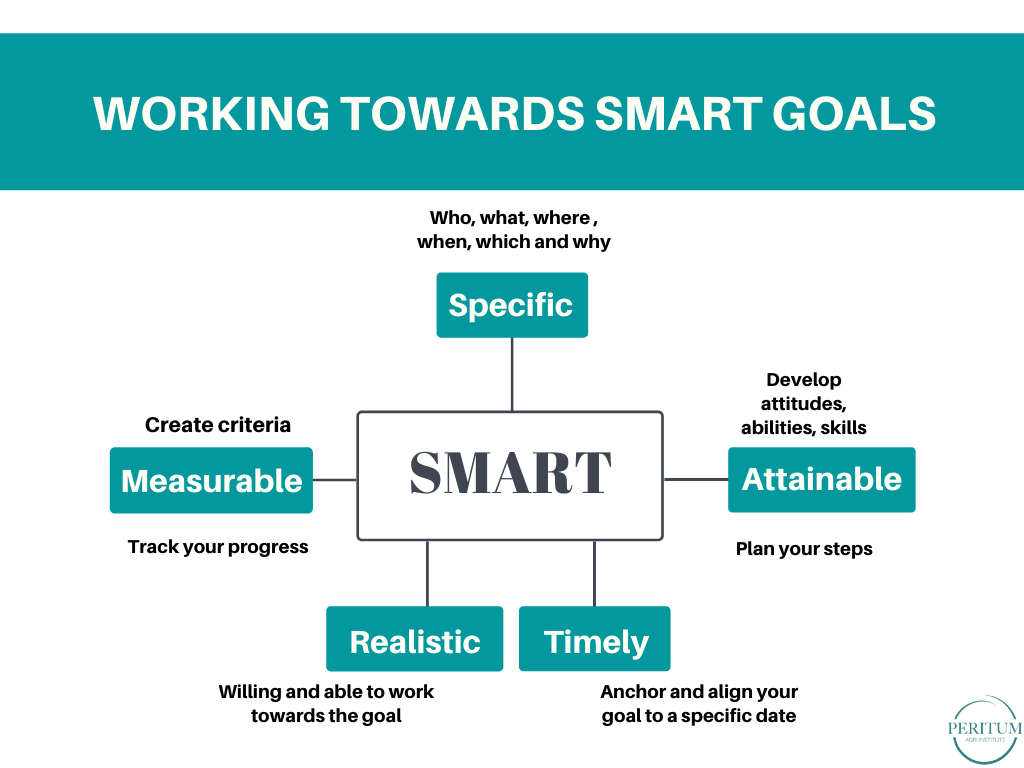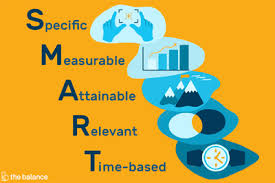“Time wasted is existence, used is life.” Edward Young
Establish Objectives
Any deadline represents an ending; the completion of a project; the resolution of a problem. But to reach that end you have to start at setting goals or objectives for yourself along the way. When you are establishing a goal or an objective, be as specific as possible. Write down exactly what you are going after. The more detailed the goal or objective, the better, because you will know precisely what you are trying to accomplish.
You also need to know why you are striving for a certain goal or objective - it is not enough to know that you just want something, you also need to know why. Your intention is the driving force - it is the reason you will work hard to reach your goal or objective.
Once you have established a goal or objective, you can determine its importance. This establishes your priorities so you can see what takes precedence. Here are a few questions to ask yourself as you measure the importance of a goal or objective:
- Is it urgent?
- Does it require your immediate attention?
- Are there any immediate benefits or rewards associated with it?
- Is it valuable?
You will never get what you want unless you sit down and define exactly what that is - and plan of how to achieve it. The most successful people make lists of goals and go out to try to achieve them.
Goals can:
- Increase motivation
- Raise self-confidence
- Help you achieve more
- Help you decide how to spend your time
- Improve performance
- Increase personal satisfaction when you achieve them
- Improve concentration
- Help you suffer less from stress and/or anxiety
Knowing what is important and planning what needs to be done puts you in control of events rather than events being in control of you. This way you stand a chance of achieving what is required of you in the time you have available. Furthermore, this allows you to:
- Focus your attention on where you are going.
- Plan what to do within a given time-frame.
- Help others understand what is happening and how they fit into the scheme.
Always Set SMART Goals

| S | Specific | Be precise. State clearly what is to be achieved - use amounts or numbers where applicable. |
| M | Measurable | If it can't be measured it will be more difficult to determine goal achievement. Also remember - we do not measure things that are not important. |
| A | Attainable | Is it possible for you to achieve this? Also remember to break large goals down into smaller ones - it's easier to assess progress and allows you to see what you must do next. |
| R | Relevant | Base goals on what you want to achieve, and not on other people's expectations. Furthermore - if your goals don't stretch you, there is no point in having them. |
| T | Time-bound | Put a time limit to your goals - a due date. |

For effective goal achievement you need to:
- Work out what you want to achieve.
- Discuss your thoughts with someone else.
- Write down what you resolve to do.
- Be flexible. Just as your life changes, so will your goals. Review them often to see if they are still relevant to your needs and interests.